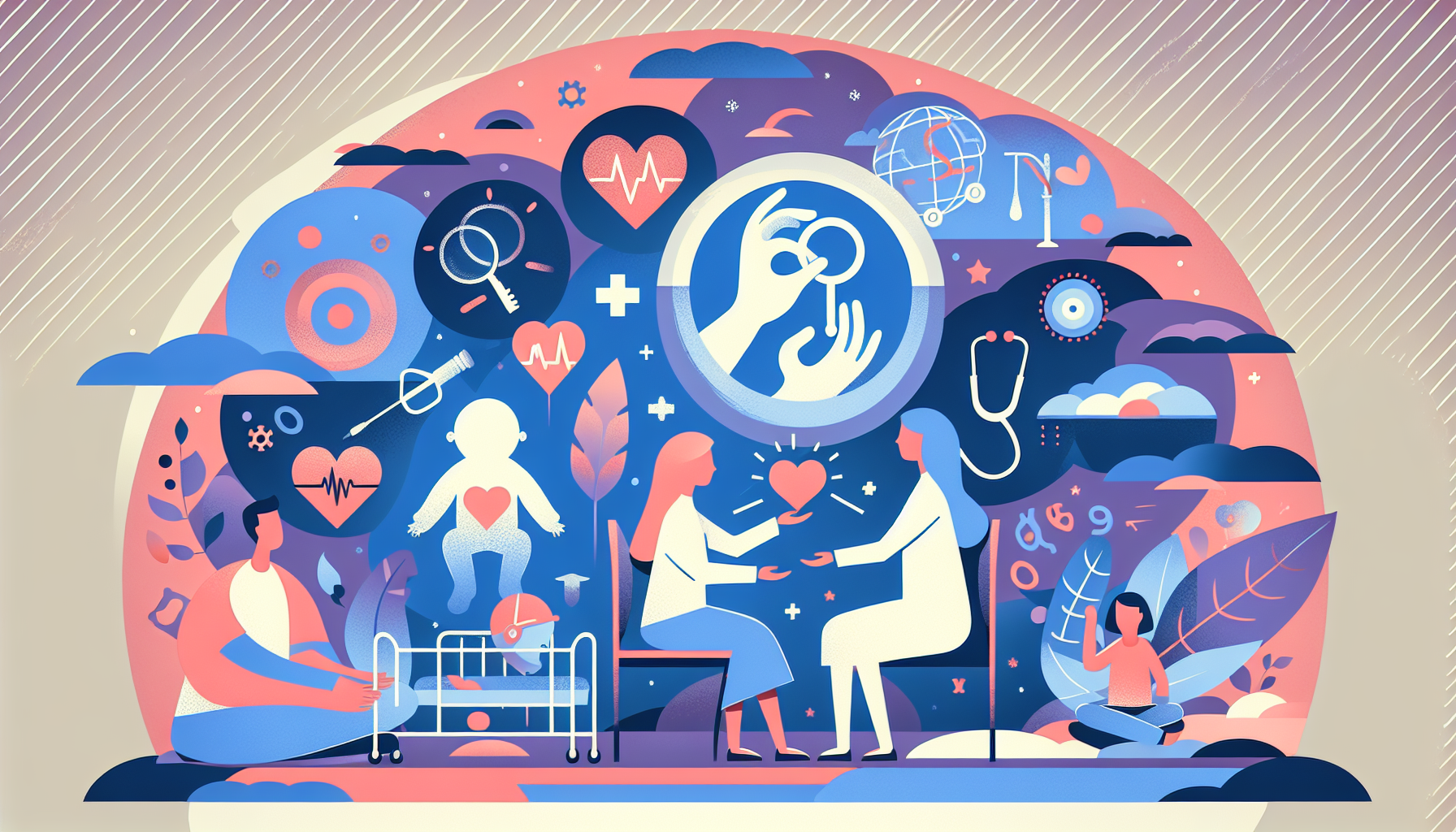As a parent, you want to see your child grow and develop at a normal pace. However, sometimes children may experience developmental delays, falling behind their peers in one or more areas of growth. These delays can affect your child's speech, vision, motor skills, social-emotional development, or cognitive abilities. By understanding the signs and causes of developmental delays and seeking early treatment, you can help your child make progress and reach their full potential.
What Are Developmental Delays?
A developmental delay occurs when a child does not reach developmental milestones at the expected age. These delays can be mild or significant and may affect one or more areas of development. Some common types of developmental delays include:
Speech and language delays
Vision delays
Motor skill delays (gross and fine motor skills)
Social and emotional delays
Cognitive delays
When a child experiences significant delays in two or more areas, it is called "global developmental delay." This term is used for children up to age 5 who show delays lasting at least 6 months.
Causes of Developmental Delays
There are many potential causes of developmental delays in children, including:
Premature birth
Genetic conditions (e.g., Down syndrome, muscular dystrophy)
Vision or hearing impairments
Malnutrition
Exposure to alcohol or drugs during pregnancy
Physical abuse or neglect
Lack of oxygen during delivery
Certain medical conditions or infections
In some cases, the cause of a developmental delay may be unknown.
Signs of Developmental Delays
It's essential to be aware of the warning signs of developmental delays so that you can seek help for your child as early as possible. Some signs to watch for at different ages include:
3-4 Months
Not responding to loud noises
Not babbling or imitating sounds
Not reaching for or grasping objects
Not supporting their head well
7 Months
Not responding to sounds
Not taking turns making sounds with you
Having stiff, tight, or very floppy muscles
Not rolling over in either direction
1 Year
Not using single words (e.g., "mama")
Not understanding words like "bye-bye" or "no"
Not crawling or standing with support
Showing no back-and-forth sharing of sounds, smiles, or facial expressions
2 Years
Not speaking at least 15 words
Not using two-word phrases without repetition
Not walking or running
Not imitating actions or words
Not knowing the function of common objects (e.g., hairbrush, spoon)
If you notice any of these signs or a loss of previously acquired skills, contact your child's doctor for an evaluation.
Treatment Options for Developmental Delays
Early intervention is crucial for children with developmental delays. Depending on the type and severity of the delay, treatment options may include:
Speech therapy for language and speech delays
Physical therapy for gross motor skill delays
Occupational therapy for fine motor skill delays or sensory processing disorders
Vision therapy or corrective lenses for vision problems
Behavioral therapy for social-emotional or cognitive delays
Medication for specific conditions or behaviors
Special education services tailored to the child's needs
Under the Individuals with Disabilities Education Act (IDEA), eligible infants and toddlers can receive early intervention services such as speech or physical therapy, social services, and dietary guidance. Children up to age 21 with developmental delays may also be eligible for special public education services.
Remember, most developmental delays are not serious, and children often catch up with appropriate support and intervention. By staying informed, monitoring your child's development, and seeking help when needed, you can give your child the best chance to thrive.
For more information on developmental delays and early intervention, visit:


